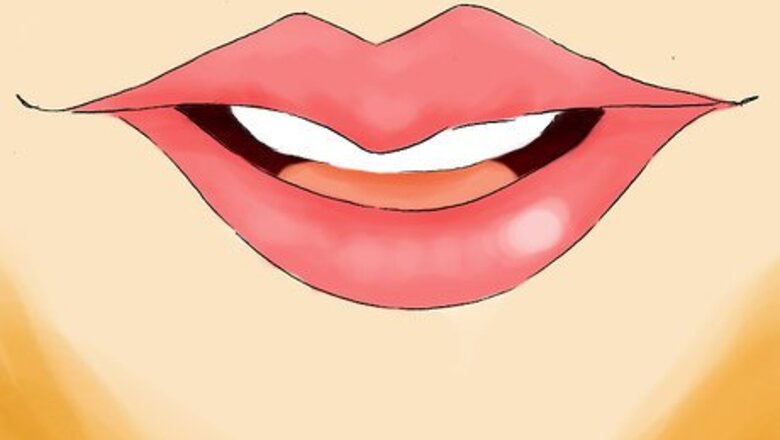
views
Get familiar with the language
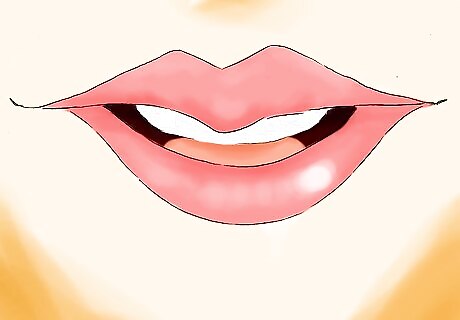
Learn the consonants and vowels to guide your pronunciation of words. Remember that Romanian is a phonetic language. It can be easy to learn if you know other Latin-based languages (like Spanish, Italian or French). Consonants b (be) like "b" in "book" c (ce) like "ch" in "charm" d (de) like "d" in "dog" f (fee/ef) like "f" in "feel" g (ghe/gee) like "g" in "gymnasium", when followed by "e" or "i"; otherwise like "g" in "game" h (ha/haş) like 'h' in "home" (never silent in Romanian) j (je) like "g" in aubergine or "s" in measure. For French speakers, it sounds like "je". k (ka) like "c" in "car" l (le/el) like "l" in "love" m (me/em) like "m" in "motor" n (ne/en) like "n" in "night" p (pe) like "p" in "spite" q (ku) like "k" in "sky" (rarely used in Romanian) r (re/er) like "r" in "prance" (similar to the Italian r) s (se/es) like "s" in "snake" ş like "sh" in "lush" ţ similar to "tz" in "tzatziki" and "ts" in "bits" t (te) like "t" in "stale" v (u) like "v" in "very" w (dublu ve) like "v" in "very" or "w" in loanwords from other languages. x (ix) like "x" in "fox" or "ics" in "ticks". Mostly used in loanwords from other languages. y (i grec) like "i" in "tip". Only used in loanwords from other languages. z (zet) like "z" in "fizz" Vowels a (a) like "a" in "father" e (e) like "a" in "hay" or "e" in "edit" i (i) like "ee" in "beet", when in the middle of the word. When used at the end of a word, it is barely sounded. For example: The word "Bucuresti" [1] is pronounced boo-koo-resht with a very short and slight "i". o (o) like "o" in "glow" u (u) like "oo" in "zoom" ă (uh) like "a" in about or the sound "the" makes. â, î (no English equivalent) Both make the same sound in Romanian. î is used at the beginning and at the end of words. â is used in all other cases. The closest American English sound is "oo" in "book", but it's a bit shifted toward a soft "i", as in "it". Similar to French 'u' in word 'rue'.
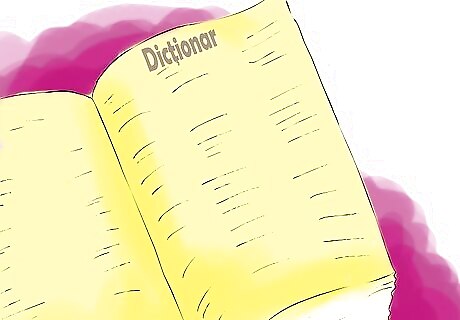
Look through an English-Romanian dictionary and get a feel of the language. Depending on your experience with learning new languages, it could be easy or hard for you to speak Romanian. Learn a set number of Romanian words per week. Use the English-Romanian dictionary to write down words and their pronunciations in a notebook. Keep the notebook handy and practice the language on the go. Record yourself correctly saying important Romanian words or phrases on your iPod and play them back while you're relaxing.
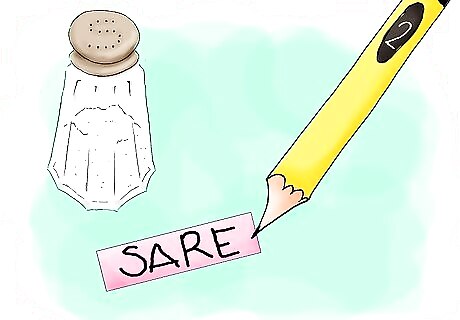
Use sticky notes to label objects in your home with the Romanian translation. Your interaction with these objects will familiarize you with the words and their meanings.

Find somebody that speaks or is learning Romanian in your locality. Conversing in a language is the best form of practice. It will enable you to pick up new ways of learning and also gestures that are commonly used while speaking in Romania. Meet with this person in a safe and public place. Exchange tips and speak about your daily learning progress and experiences. Resist speaking in English for a certain amount of time. Share your methods of learning Romanian with your friend. This will help you highlight your strong points and weak links.
Speak the language
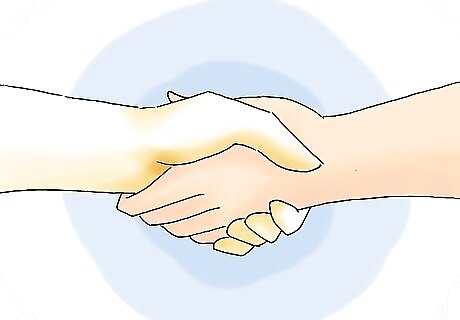
Basic phrases Hello: Salut (sah-loot) Goodbye: La revedere (lah reh-veh-deh-reh) How are you?: Ce mai faci? (cheh my fahtch) Fine, thank you: Bine, mulţumesc (bee-neh, mool-tzu-mesk) Nice to meet you: Incântat (oohn-koohn-taht) or Îmi pare bine (oohm pah-reh bee-neh) Good morning: Bună dimineaţa (booo-nuh dee-mee-nyah-tzuh) Good day: Bună ziua (boo-nuh zee-wah) Good evening: Bună seara (boo-nuh syah-ruh) Good night: Noapte bună (nwahp-teh boo-nuh) Yes: Da (dah) No: Nu (noo) Please: Vă rog (vuh rohg)(formal or plural) or Te rog (teh rohg)(informal) Thank you: Mulţumesc (mool-tzoo-mesk) You're welcome: N-ai pentru ce! or Cu plăcere (koo pluh-chair-eh) I'm sorry: Îmi pare rău (em pareh-rauu) Excuse me: Pardon (pahr-dohn) My name is John Smith: Numele meu e John Smith (Noo-meh-leh meh-oo yeh John Smith) I'm American: Sunt American (soont American) Do you speak English?: Vorbiţi engleză? (vor-beetz eng-leh-zuh) Where is the bathroom?: Unde este toaleta? (oon-deh yeh twah-leh-tah) I'm hungry: Mi-e foame (me-ae fo-ah-may) I'm thirsty: Mi-e sete (me-ae set-te) How much is this?: Cât costă asta? (cooht-kohs-tah ahs-tah?) Expensive: Scump (scoomp) Cheap: Ieftin (yef-teen) I need a doctor: Am nevoie de un doctor (ahm neh-voy-eh deh dohk-tohr) I love you: Te iubesc (teh yoo-besk)
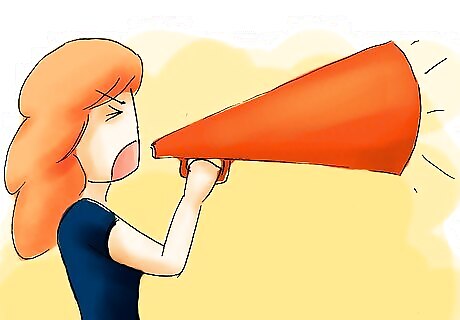
In case of emergencies Help: Ajutor! (ah-zhoo-tor) Stop!: Stai! (STAAY!) Police!: Poliţia! (po-lee-tzee-ah!) Thief!: Opriţi hoţul! (oh-preetz hoh-tzul!) It's an emergency: E o urgenţă May I use your phone? (informal): Pot să utilizez telefonul tău? (poht suh ohh-tee-lee-zehz teh-leh-fohn-ool tuh-oo) I'm lost: M-am rătăcit (mahm ruh-tuh-cheet) It's nice!:E dragut!
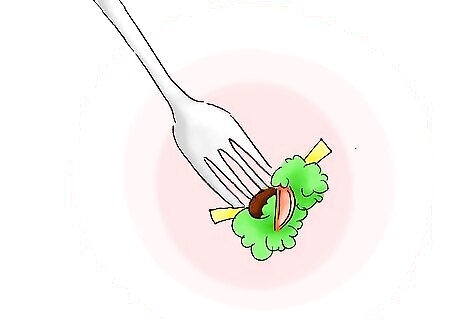
Food and drink Chicken: pui (pooy) Fish: peşte (pesht-teh) Eggs: ouă (O-uh) Beef: carne de vită (car-neh deh vee-tah) Sausage: cârnaţi (kuhr-natz) Salad: salată (sa-lah-tah) Vegetables: legume (leh-goo-meh) Tea: ceai (chy) Coffee: cafea (kaf-aa) Water: apă (ah-puh ) Beer: bere (beh-reh) Red/white wine: vin roşu/alb (veen roh-shoo/ahlb) Juice:suc Wine:vin
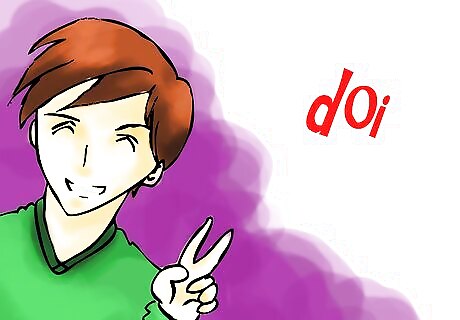
Numbers 0 = zero (zero) 1 = unu (oo-noo) 2 = doi (doy) 3 = trei (tray) 4 = patru (pah-troo) 5 = cinci (chinch) 6 = şase (shaseh) 7 = şapte (shapteh) 8 = opt (ohpt) 9 = nouă (noah) 10 = zece (zecheh)
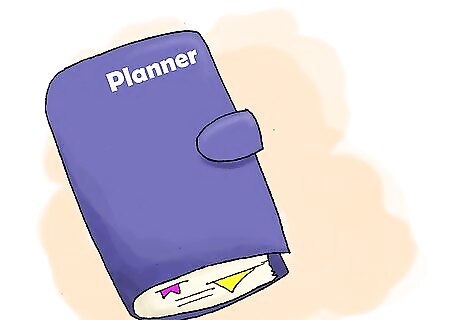
Days of the week Sunday: duminică (doo-meen-ee-kuh) Monday: luni (loohn) Tuesday: marţi (mahrtz) Wednesday: miercuri (mee-ehr-coor) Thursday: joi (zhoy) Friday: vineri (vee-nehr) Saturday: sâmbătă Today: astăzi(ah-stuhz) Yesterday: ieri (yehr) Tomorrow: mâine (muy-neh)
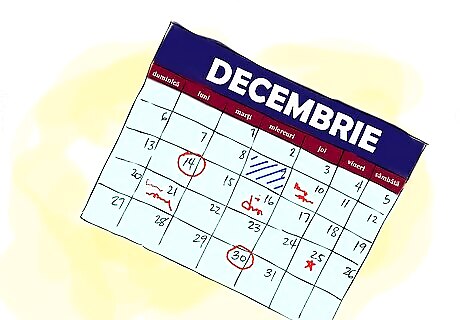
Months of the year January: ianuarie (ya-nwah-ree-eh) February: februarie (feb-rwah-ree-eh) March: martie (mar-tee-eh) April: aprilie (ah-preel-ee-eh) May: mai (my) June: iunie (yoo-nee-eh) July: iulie (yoo-lee-eh) August: august (ow-goost) September: septembrie (sehp-tehm-bree-eh) October: octombrie (ohk-tohm-bree-eh) November: noiembrie (noy-ehm-bree-eh) December: decembrie (deh-chehm-bree-eh)














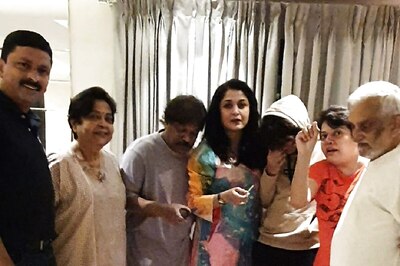





Comments
0 comment